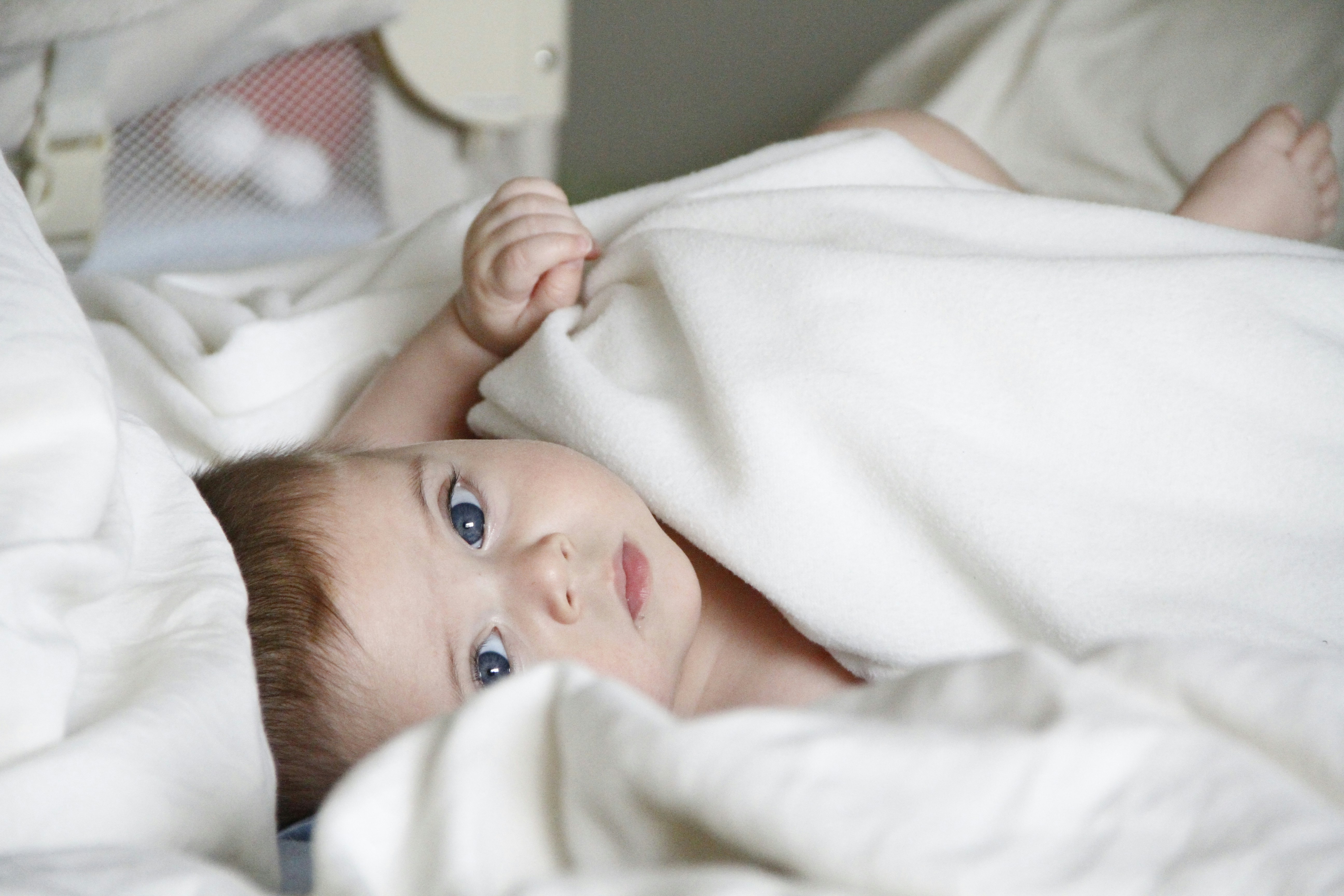News release
From:
- Caregiver/infant greetings – Caregivers of babies that are later diagnosed with autism change the way they interact with their infants long before first signs of autism are present. In recordings of caregiver/infant interactions taken between zero and six months, caregivers tend to use greetings less frequently and start to use greetings when babies are older, in comparison with caregivers of neurotypical babies. The authors suggest infants later diagnosed with autism may seek out different types of interactions and that caregivers adapt their interactions based on the child’s needs. Proceedings B
Caregiver greeting to infants under 6 months already reflects emerging differences in those later diagnosed with autism
Proceedings of the Royal Society B: Biological Sciences
As their babies grow, caregivers adjust their own behavior to support the new social skills babies are learning. In this study, we find that autism and socioeconomic status change the way that caregivers start social interactions with their babies by as early as the first six months after birth, well before the first signs of autism appear. Since caregivers adjust their behavior in response to their baby’s needs and preferences, these differences indicate that infants later diagnosed with autism may seek out different types of interactions with their caregivers, changing how they learn over time.



 International
International



